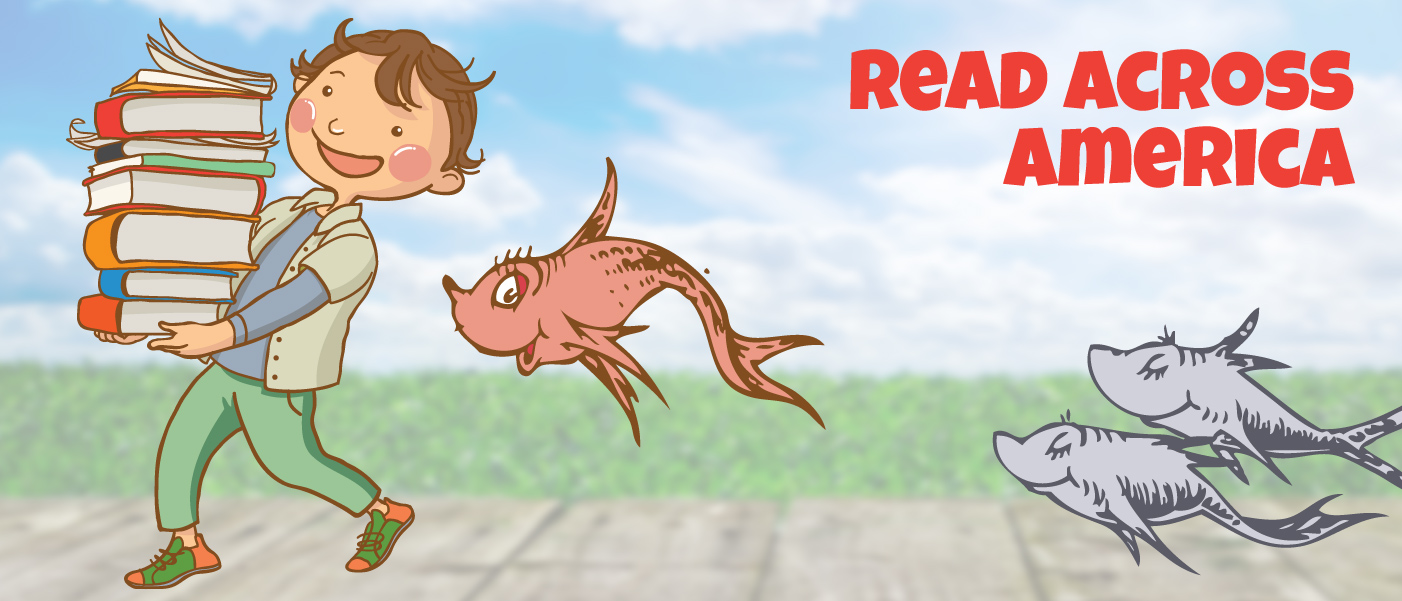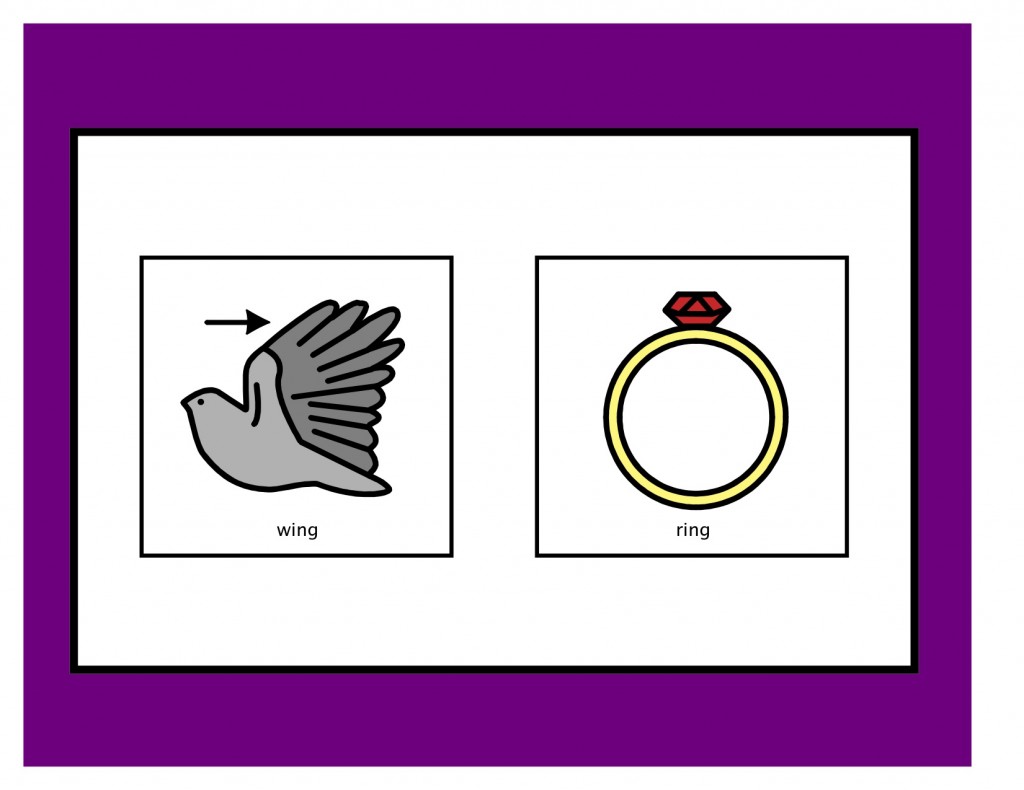March is National Reading Month, so to celebrate raising awareness of this crucial life skill we’ll discuss the links between speech and language development and early literacy skills. A number of skills that would fall under the speech and language umbrella are enormously important to the development of early literacy. What can parents can do to promote early literacy in their children, from 12 months (or even earlier!) through pre-adolescence? We’ll discuss that too. You may already actively do some or all of these things with your child(ren), but let’s explore some evidence-based lessons as you continue to stimulate your child’s reading development. Learning to read and to ♥ love reading ♥ is a childhood-long project for both children and parents and the work you do as a parent and this post aims to be another support for this noble endeavor.
Great Materials for Getting Rid of Gliding in Speech Therapy
Speech Therapy Techniques
Gliding is the term used to describe a phonological process that occurs when someone replaces specific consonant with “w” or “y”. There are different types such as replacement with liquids or fricatives but let’s talk about liquids, /l/ and /r/ with replacements by /w/ or /y/. You might here “yego” instead of “lego” for “wun” instead of “run.” In this case, a child is having difficulty with an entire class of sounds and that’s why it is referred to as a phonological process. While it typically disappears by age five, speech therapists are often confronted with gliding at much later years and attempts to reduce it can be tricky. Fortunately there are a variety of great materials available to get rid of gliding in speech therapy.
See Spot Run! Give Your Child a Reading Boost with Kids’ Games
NewsSpeech-language pathologists (SLPs) have long known that early intervention with speech therapy techniques is critical for encouraging the best possible outcome for children with speech disorders. This is particularly true for youngsters with autism; they typically progress more with speech and language when they receive early and intense therapies. And parents everywhere have also long known that encouraging kids – even those without speech delays or disorders – to read early and often is ideal for language development. But teaching kids to read has progressed just a tad since the popular Dick and Jane series with its ubiquitous catchphrase, “See Spot run!” (Did you know that Spot was originally a cat when the series was first published in the 1930s?) Now, researchers are adding further proof to the idea of using kids’ games to encourage early literacy and language development.



